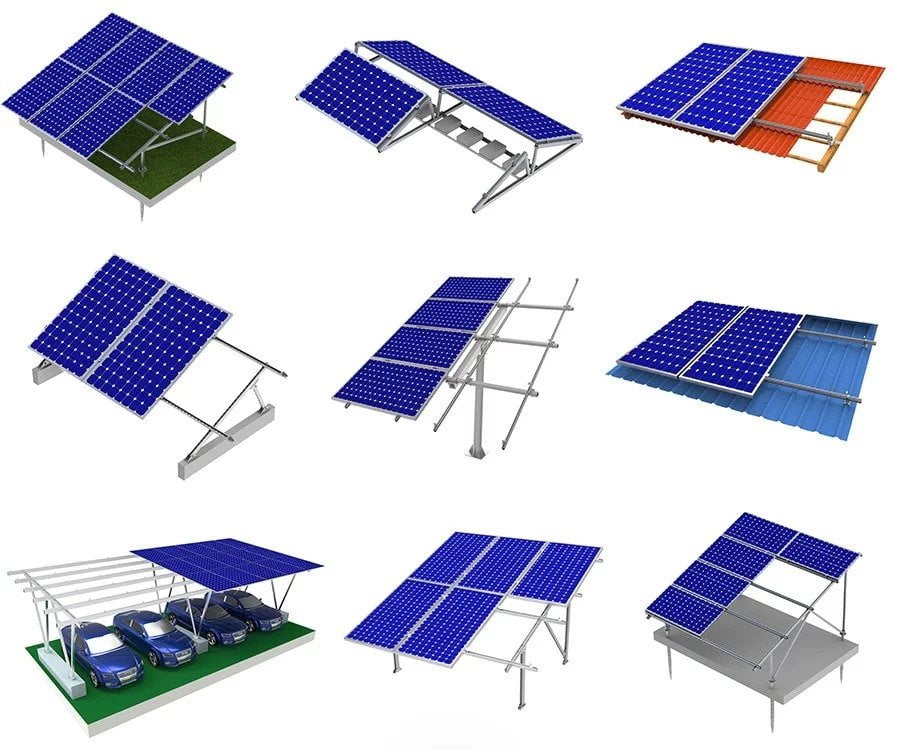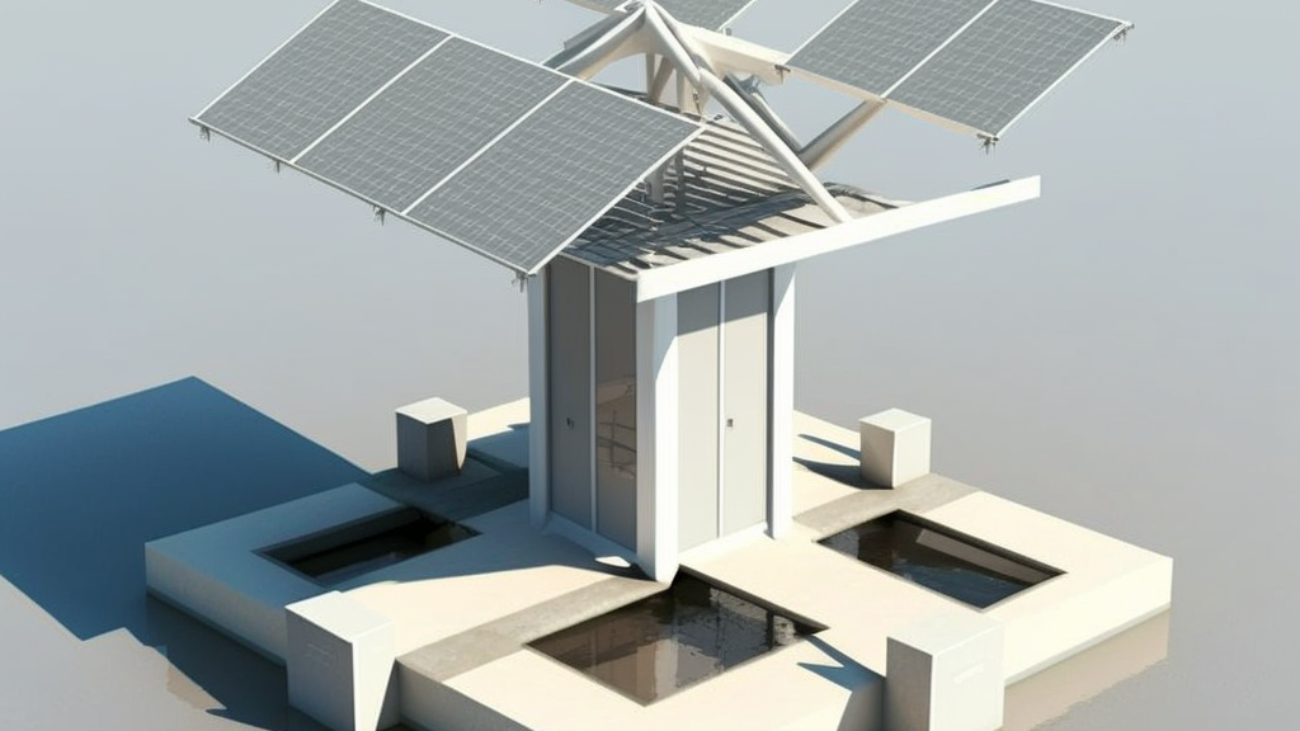
Solar energy is becoming increasingly popular in India, as the country accelerates its efforts to become a leader in clean energy and reduce its carbon footprint. Solar mounting structures are an essential component of any solar energy project, as they support the solar panels and allow them to capture enough sunlight. There are several different types of solar mounting structures to choose from, each with its own unique features and benefits.
Rooftop Mounts: Rooftop mounts are the most common type of solar mounting structure in India, and are typically used for residential and commercial projects. They are available in both railed and rail-less systems, and are generally attached to the roof with bolts or screws. Railed systems have rails that support the solar panels, while rail-less systems attach the panels directly to hardware connected to the bolts/screws. Rooftop mounts are available in sloped and flat roof versions, and can be used to maximize the amount of sunlight captured.
Ground Mounts: Ground mounts are another common type of solar mounting structure in India, and are typically used for larger-scale projects. These mounts are usually constructed of either aluminum or stainless steel, and they are designed to securely hold the solar array in place. Ground mounts can be stationary or adjustable, and they can also be combined with tracking systems to increase the efficiency of the solar array. Ground mounts can further be classified into the following types:
- Foundation Mount
- Ballasted Footing Mount
- Pole Mount
- Multi Pole Mount (Carports, Sheds)
- Smart Flowers
Floating Mounts: Floating mounts are a relatively new type of solar mounting structure, and they are becoming increasingly popular in India. As their name suggests, these mounts are designed to float on water, making them ideal for installations on lakes and other bodies of water. Floating mounts are typically constructed of plastic or polymer, and they are designed to securely hold the solar array in place while also allowing for a certain amount of flexibility.
In summary, there are various types of solar mounting structures available in the Indian market, each with its own advantages and disadvantages. Ground-mounted structures are best for large-scale projects, roof-mounted structures are more suitable for small-scale projects, and floating structures offer an innovative solution for water bodies. It’s important to consider factors specific to your needs when choosing a solar mounting structure for a project.

